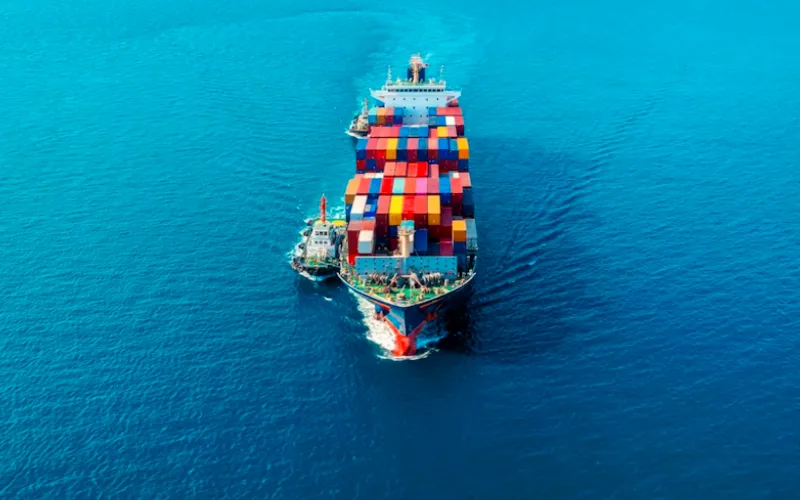
Marine
The ATEX (ATmospheres EXplosibles) directive regulates the use and marketing of equipment operating in explosive atmospheres. The maritime sector is also included in the scope of this directive.
Explosion risks in the maritime industry can be listed as follows:
- Fuel explosions: Marine vessels often use flammable substances such as petrol, diesel or LPG as fuel. There is a risk of explosion during storage, transportation and use of these fuels.
- Electrical explosions: Marine vessels are equipped with electrical equipment and this equipment may pose a risk of explosion. Improper wiring, insulation failure or damage to electrical equipment can increase the risk of explosion.
- Chemical explosions: Marine vessels can be used to transport or store chemicals. The explosion risk of these chemical substances increases the explosion risks in the maritime sector.
- Temperature and pressure explosions: Marine vessels are equipped with steam boilers, turbines and other high-pressure equipment. This equipment may be exposed to high levels of temperature and pressure and may pose a risk of explosion.
- Deck explosions: There is a risk of explosion during deck work on marine vessels. Particularly welding, metal cutting and welding operations may increase the risk of explosion.
Explosion risks in the maritime industry can cause serious loss of life and material damage. Therefore, correct precautions must be taken and Ex certified materials must be used to reduce explosion risks in marine vessels. Additionally, proper maintenance and repair by trained personnel can help reduce explosion risks.
